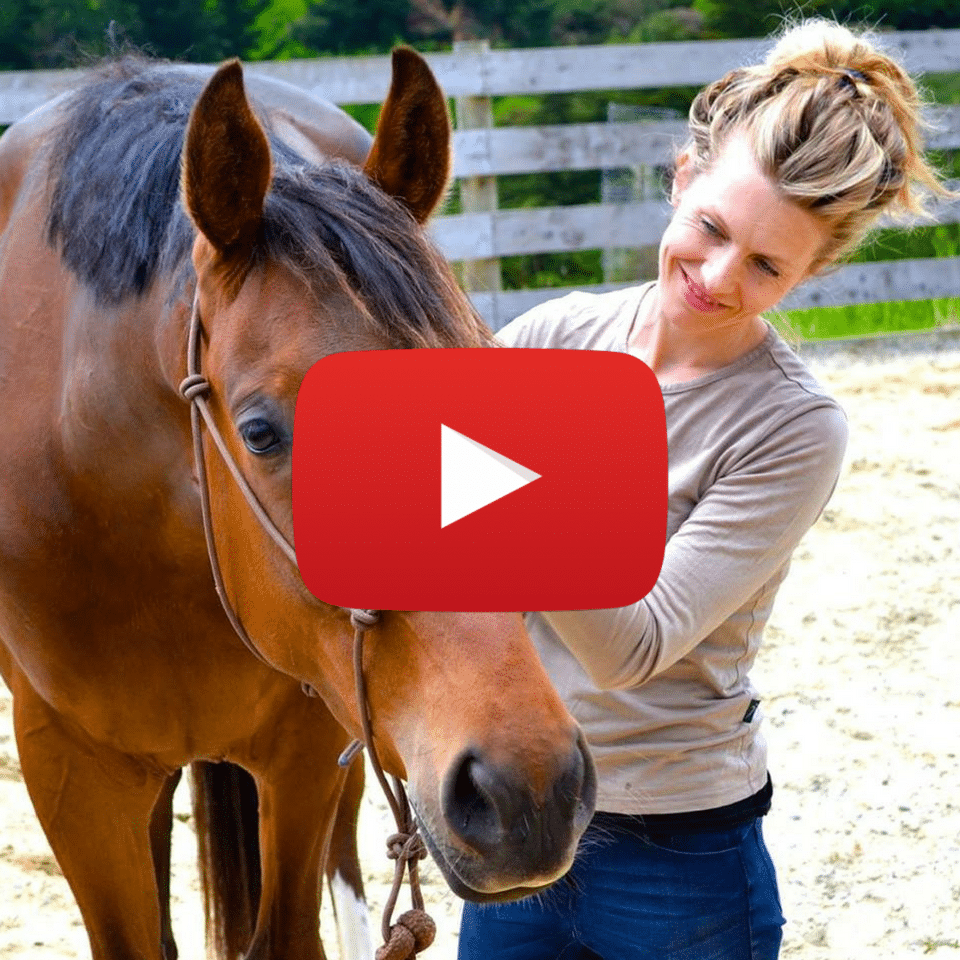In order for us to feel like we are on top of things both in and out of the saddle, we need to feel like we have the capacity to handle what might come up and that we can register a feeling of safety in our body. Both of those things are subjective and relative, depending on the person in question and their history and experience up until that point.
Capacity relates directly to the amount of activation we can handle in our system. For the sake of example, let’s say I am about to ride my young and inexperienced horse. As I go to get on, I feel a rush of anticipation that registers not only as physical feeling, but also energy and vibration; I might also play out a movie in my mind and attach a meaning to what it is I am feeling based on previous associations and understandings.
My ability to hold that feeling and stay connected to my body and my environment- and to the resources I have available me- relates directly to my capacity to hold it. If the level of activation does not exceed my body’s ability to hold it, I can still ride effectively, competently and compassionately despite the level of stress. Why? Because my stresses aren’t outweighed by my resources.
If, on the other hand, the stress exceeds my body’s capacity to hold it, I move outside of my capacity and into lizard brain mode, where I am in the domain of flight and fight, and if those options aren’t available, freeze.
This is where it gets interesting. If at some time in the past, I have experienced something similar, but at the point of high activation there has also been a highly charged emotion attached- say in the case of accident, injury or trauma- which has not been effectively addressed or integrated, that energy can stay stuck in the body. It’s possible then that we find ourselves in a situation- sometimes shortly after, sometimes many years down the line- where we find ourselves skilled and able but having a disproportionate response to something in front of us. One that seemingly has no context and appears inappropriate for the moment. If we have enough reactions of this nature, we internalize the experience and instead of understanding it as a result of chronic stress or trauma, we see it as in intrinsic part of us, or what’s more that we are flawed and incapable.
Enter:
I am a nervous rider
I am an anxious rider
I’m not very brave
… and so on and so forth.
Addressing this involves being curious to the response of the body instead of afraid of it; it involves slowing ourselves down and opening to discomfort, resourcing ourselves and moving forward with gentle and compassionate exploration. In approaching the solution with the opposite energy of which it was created.
Over time, we then begin to be less reflexive and soften the edges of our own resistance and patterned responses.
Want to learn more? Make sure you sign up for my free workshop, Presence, Power & Partnership. We’ll be discussing situations such as this and so much more 👇🏻
❤️ Jane

